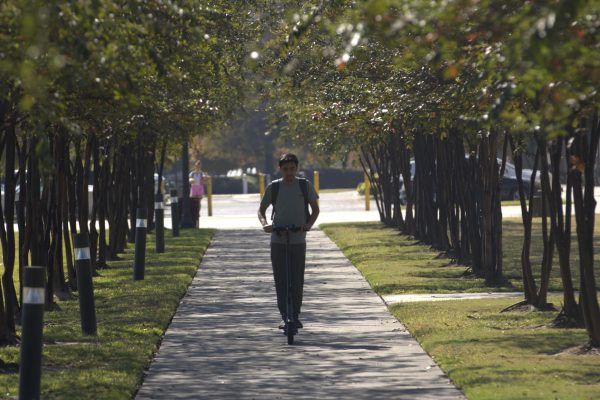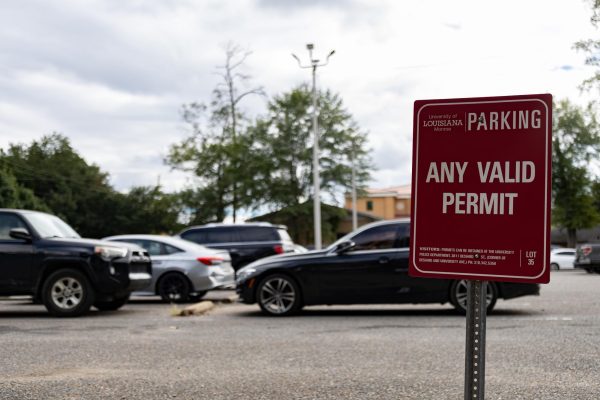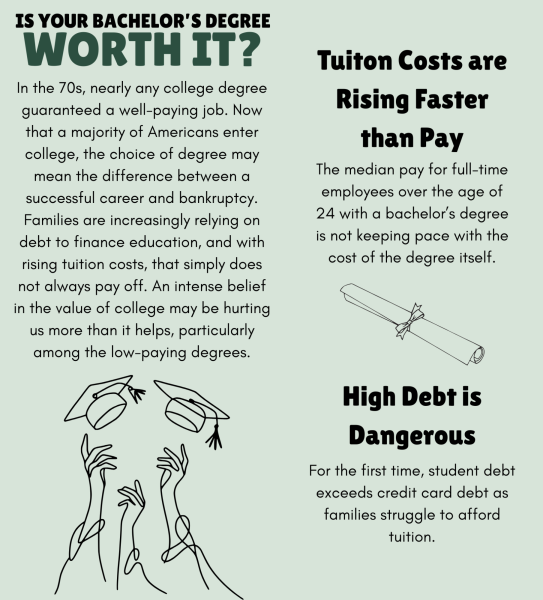Lack of sleep affects academic performance
According to Brandon Gaille, seven out of every 10 college students say they get less than the recommended amount of sleep every night. But even without reading that insanely high statistic, it is more than safe to say that sleep deprivation in college is a real problem.
Every day we see people falling asleep in class, hear-that they overslept or we experience those issues ourselves.
As college students, we tend to ignore our sleep for one of two reasons: we are either having too much fun or we have too much work and studying to catch up on.
We decide to sacrifice sleep to maximize our success, whether it be socially or academically. Whatever your reasoning may be, missing out on sleep, even if it is in the spirit of learning, might actually be doing more harm to your brain than you think.
According to Health-line, sleep deprivation can cause trouble with memory and concentration, weaken your immunity, lead to weight gain, influence mood changes and much more.mMissing sleep does more than make you tired the next day. It completely throws your brain’s functioning for a loop.
Students who get less than six hours of sleep have a lower GPA than those who get eight or more hours, according to the University of Georgia.
It is important to realize when to put the books and the computer away and go to bed. Everything that you think you are learning at three in the morning is usually done in vain. You will barely absorb anything which means you are awake for no reason.
To avoid that situation, there is one important rule you need to follow- don’t procrastinate.
Try scheduling out your studying so that on the night of the test, you are simply reviewing. This way, you do not have to stay up all night long.
If you happen to be one of those people that believes you do better when you cram, go ahead and cram, and then still try your best to make it to bed at a reasonable time.
Your rest will significantly impact your performance in school and is crucial for your academic success.






